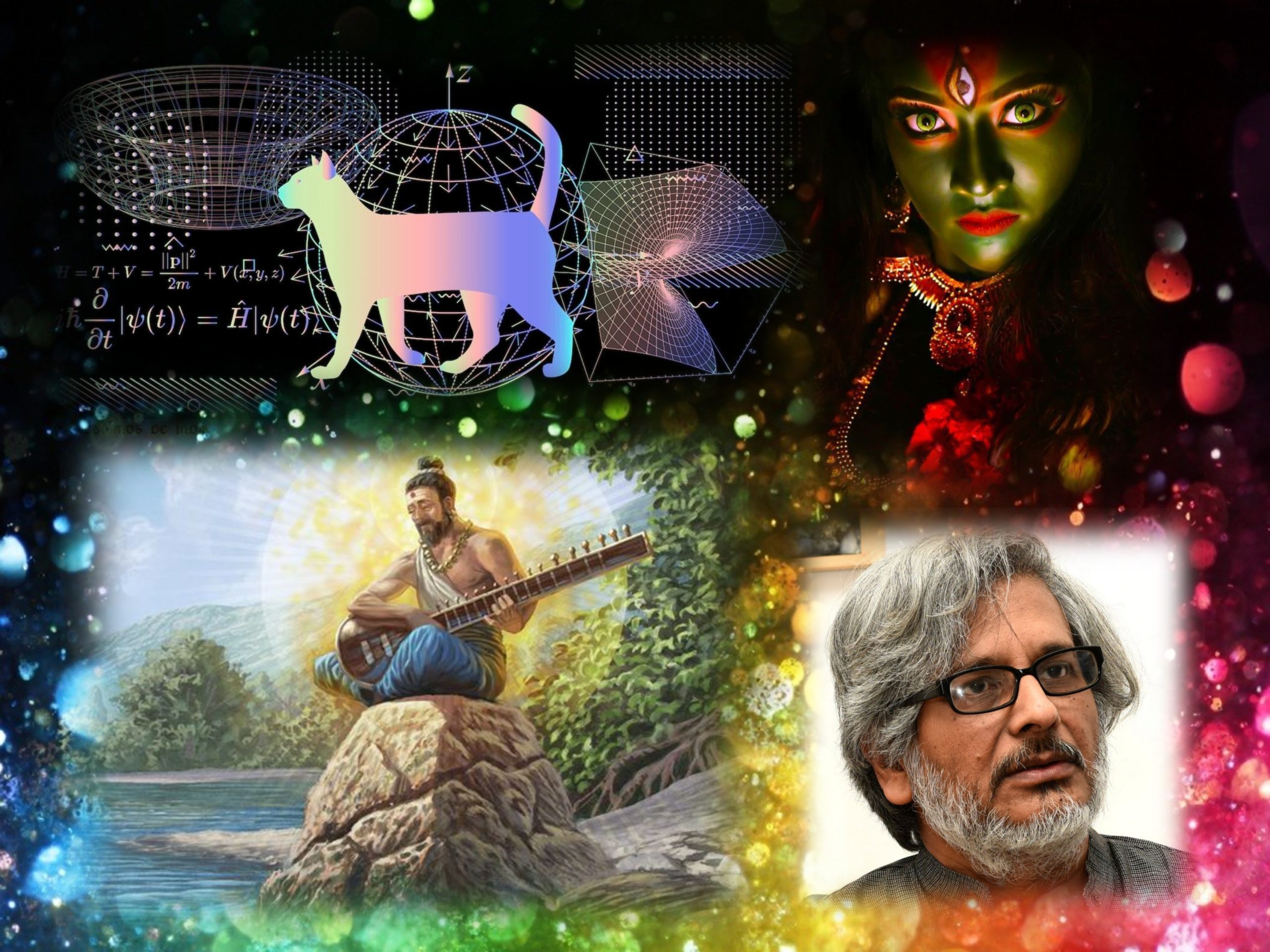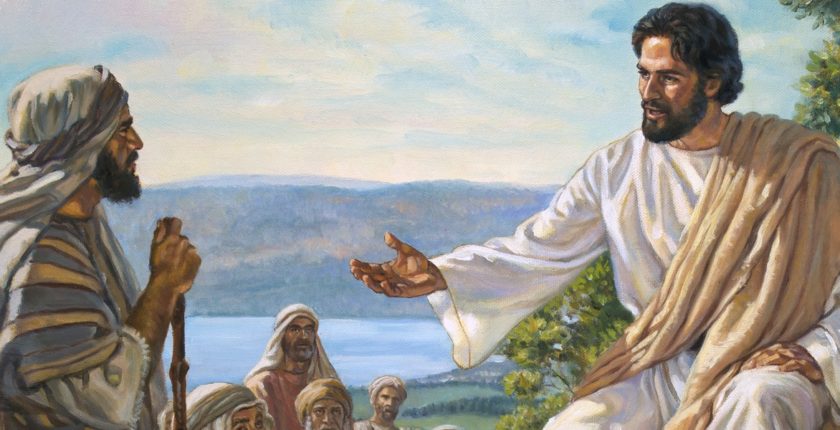- Visitor:38
- Published on:
The Traditional and the Secular Festival
This article compares the traditional and the secular festival and stresses the need to preserve and propagate the traditional festivals. While the traditional festival exhorts the individual to take part in the wider celebration of Nature, Culture and Cosmos, the secular festival drags him deeper into the mire of individualistic ego bolstering. This article discusses the distinction between the two.

Festivals are an integral part of any culture or society. This is as true about modern culture and modern society as about traditional society. However, the nature of festivals differs widely in traditional and modern societies.
In traditional societies, festivals are the carriers of culture and tradition. They mark important cycles of Nature, Culture and Cosmos, or an important rite of passage in a person’s life span. The two greatest festivals of Hindus, Diwali and Holi mark the culmination of one season and the start of another. They mark the confluence of seasons, of natural rhythms and also cosmic cycles. All five days of Diwali have great astrological significance. Makar Sankranti celebrates the first day of the sun’s transit into Makara (Capricorn), marking the end of the month with the winter solstice and the start of longer days.
Holi ushers in the spring season. It also denotes the start of the spring harvest season just as Diwali marks the culmination of another harvest season. All over the world, various pagan festivals celebrate solstices and equinoxes. Soyal is the winter solstice celebration of the Hopi Indians of northern Arizona. The Persian festival Yalda, or Shab-e Yalda is a celebration of the winter solstice in Iran that started in ancient times.
Even Christmas was originally a solstice festival, celebrated by Romans as Saturnalia. The Church just kept the festival and the date, but changed the occasion to the birthday of Jesus Christ. By linking the festival, essentially the celebration of a cosmic cycle to the birthday of a historical character, its cosmic and cultural import was lost and the festival gradually became detached from its origins.
The traditional festival is depersonalized and encompasses a wider consciousness than the narrow individual one. It is a celebration of collective consciousness going on about its natural rhythms.
Similarly in all tribal as well as civilized cultures all over the world, rites of passage are observed. For example, when a boy or girl hits puberty, almost every tribal culture organizes a big festival or ceremony. The individual is of course at the centre of it, but the festival marks an important point in his evolution and actualization as a human being. In Hindu culture too, many of the Sanskaras are rites of passage.
Modern secular festivals on the other hand are extremely individualistic and personalized, centered upon the personal history of an individual, like his birthday, anniversary or they mark similar points in the lifetime of a historical personality.
While the traditional festival exhorts the individual to take part in the wider celebration of Nature, Culture and Cosmos, the secular festival drags him deeper into the mire of individualistic ego bolstering.
For the only thing special about a birthday or an anniversary is related to the history of a certain individual, or two. It has no greater significance, no greater meaning other than marking the yearly passage of a date.
The traditional festival takes the individual on an onward journey, taking him from one threshold to another, from one ashram to another. The secular festival on the other hand is a memory of a past event. Even while remembering the past, like in the Shraddhas of Hindus and many similar festivals remembering the ancestors in many tribal cultures, the festival is more about the collective memory of the ancestors, rather than just the memory of a certain individual.
To sum up, the traditional festival exhorts the individual to look beyond their own petty egos and understand the greater secrets of cosmos and life, while taking part in natural cycles. The secular festival on the other hand has no greater significance other than marking the passage of a date.
Modern life encourages secular festivals more than traditional festivals. Only those traditional festivals thrive which can generate consumer rush in the market. Otherwise, it is all birthdays and anniversaries.
It is important that we preserve and propagate the traditional festivals while we can. Otherwise, all our futures will be reduced to blowing candles in a closed room, alone.
May this Holi bring more understanding of our own culture and tradition to us!
Enjoyed reading Pankaj Saxena’s article? You may also find this interesting:
- 19 min read
- 0
- 0










